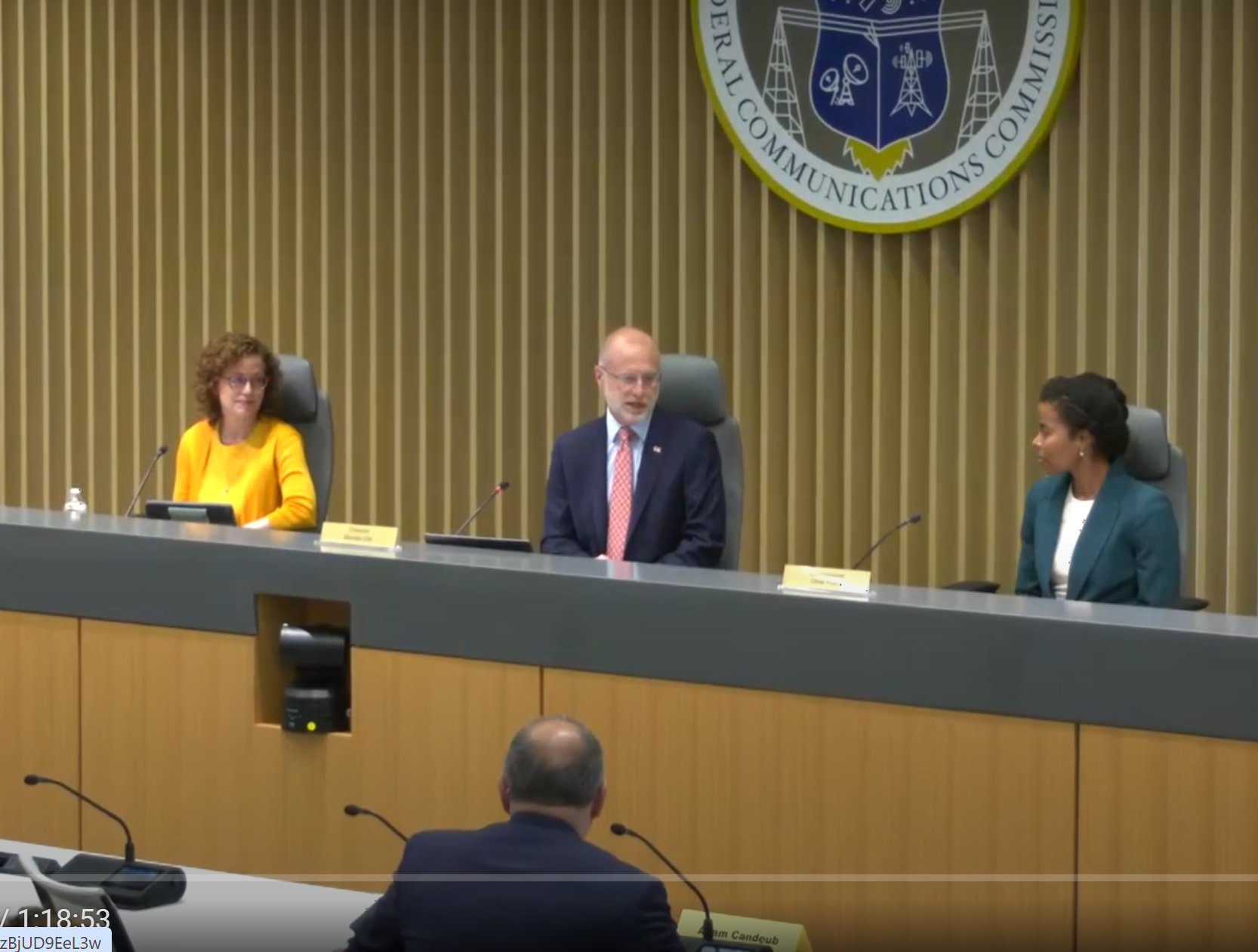McAdams On: The End of MSTV

LOS ANGELES: The Association for Maximum Service TV hasn’t “officially” been folded, and its chief, David Donovan, isn’t “officially” gone, but all signs are pointing in that general direction. The National Association of Broadcasters this week revealed that its TV board and the MSTV board members voted to merge.
MSTV was formed 54 years ago to represent smaller TV stations in Washington. It has a staff of five people, compared to more than 30 times that many at NAB, but MSTV’s presence on broadcast issues was constant. While NAB fought academic battles over multicast must-carry, low-power radio, indecency, royalties and distant signals, the MSTV staff rallied for technical details on which often turned the continued viability of over-the-air broadcasting.
That’s not to say the NAB wasn’t active on technical issues, it’s just that MSTV was focused on them. Donovan was warning the industry about unlicensed devices five years ago. He was initially a voice in the wilderness, taking on Google, Microsoft, Dell and other Silicon Valley giants intent on appropriating TV station spectrum.
Donovan warned a roomful of broadcasters in 2006 about the computer industry’s movement to use unoccupied TV channels for personal unlicensed devices. He fought every step of the way for interference protections, maximum power levels and demonstrably reliable technology. He, along with MSTV’s master engineers, Victor Tawil and Bruce Franca, deserve due credit for what protections there are for broadcasters in the final rules governing TV white-space devices.
The MSTV camp was also in front of the DTV transition, calling for a channel-repacking plan while regulators and lawmakers futzed over an end date. Broadcasters in general were being vilified on Capitol Hill as “spectrum squatters” all the while the industry’s engineering community pulled off one of the biggest infrastructure upgrades in the country’s communications history. There are those who dictate, and those who do. The former often can’t be bothered with pesky reality. This never deterred Mr. Donovan.
He has been unrelenting in his advocacy of the TV broadcast industry, on issues that weren’t particularly glamorous or of great interest to the consumer press. That never mattered to Donovan; he wasn’t a press hound, though he was always eager to share MSTV’s perspective when asked. He returned phone calls and shot straight--not exactly a going commodity in Washington, D.C. He’s done a great service to the broadcast industry. Whatever direction his future takes, I wish him well.
-- Deborah D. McAdams
The professional video industry's #1 source for news, trends and product and tech information. Sign up below.
